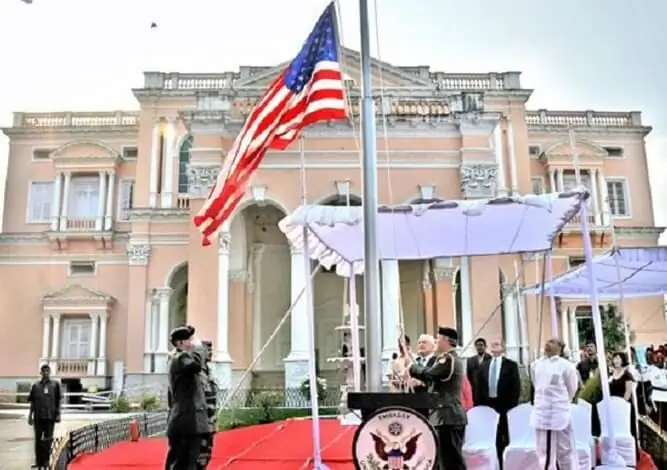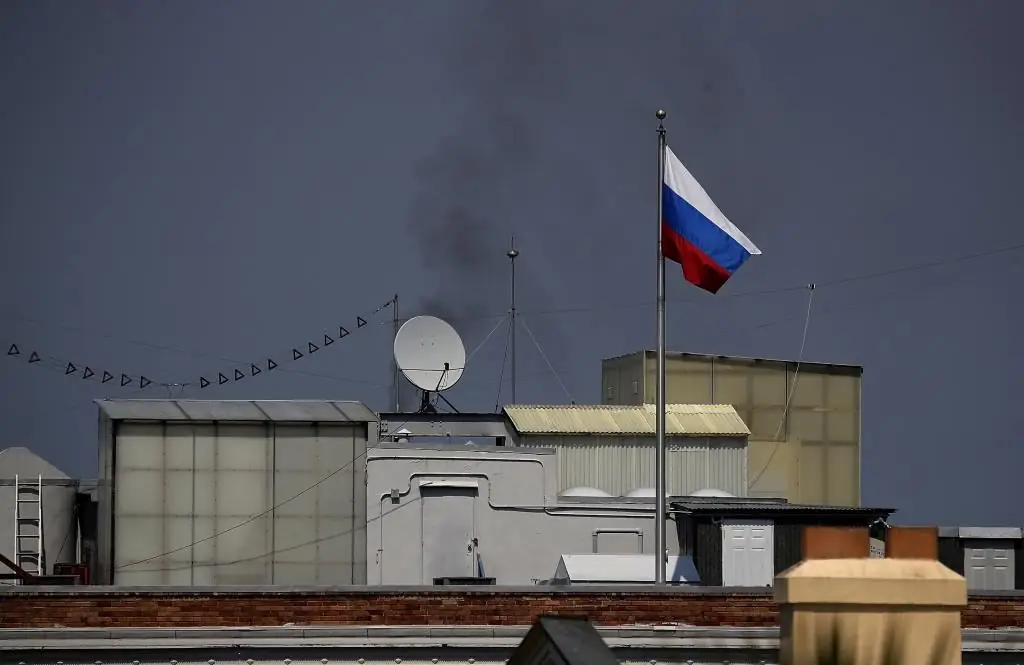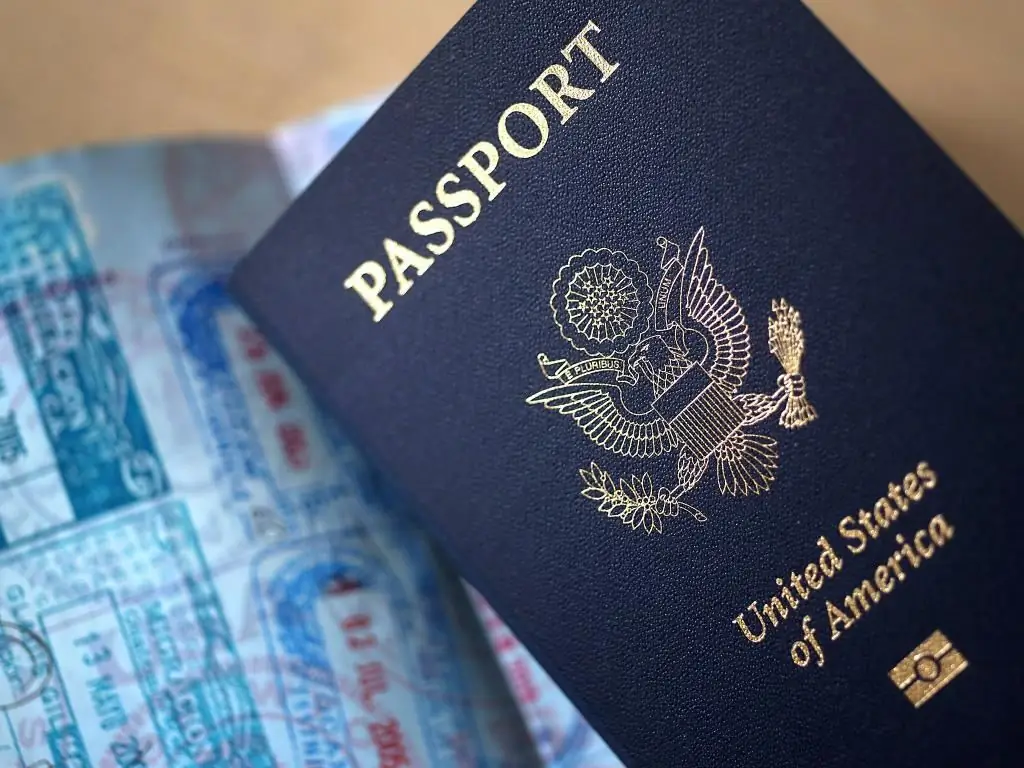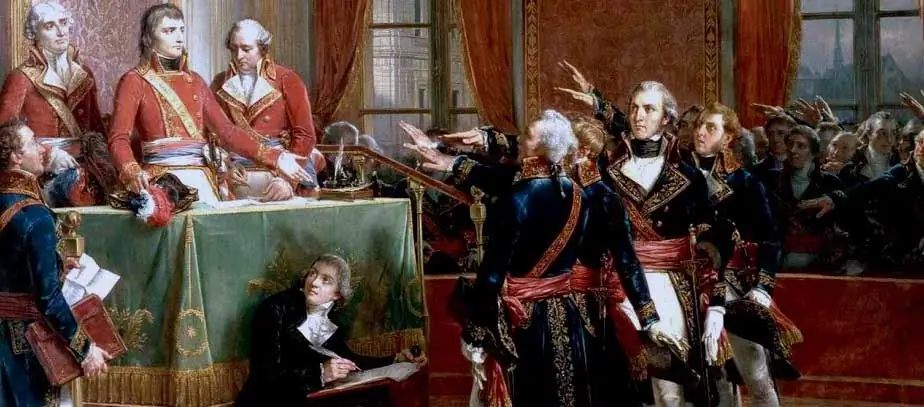Many have come across such a word as "consulate" in conversation or in the media. This is a body of one state, created on the territory of another (with its consent) to perform strictly defined functions. Its location and area of activity are established by mutual agreement. About the meaning of the word "consulate", its types, as well as about representatives in detail in the article.
Dictionary term
Before you start learning what a "consulate" is, you need to consult a dictionary. All meanings of this term are given there, namely:
- government body;
- position;
- rule in Ancient Rome;
- historical period in France.
As mentioned above, "consulate" is a term that has several meanings. Some of them will be discussed in more detail.
Government office
As mentioned earlier, the consulate is a special state body established on the territory of anotherstate to carry out certain functions. This representation has rights, immunity, inviolability of property and certain privileges.

It can also use the coat of arms and flag of its state, exemption from the tax burden, freedom of relations with its own government and other representatives of its own state, regardless of their location. At the same time, it is allowed to use any means and communication channels (including encrypted), consular and diplomatic couriers.
Varieties
There are several types of consulates - these are general, regular, vice and agency. In all these representations, there is no global difference. Currently, the vast majority have general status.
In the capital or regional centers of the institution in question may not exist at all, but only there is a consular department on the territory of the embassy. Similar branches of Russia operate almost everywhere.

Such departments are not independent institutions and the highest authority in such cases will not be the consul who heads the department (general), but the ambassador. It should be noted that in such a case, employees of this department at the embassy will be subject to wider immunities and privileges, that is, diplomatic rather than consular.
Office employees
Performing basic functions withinrepresentative office or department is handled by a special official - the consul. He represents his country, protects the economic and legal interests of the state, as well as its citizens.
In addition to the Consul General, other officials serve in the institution. For example, these are advisers and attachés. As well as vice and ordinary consuls. They can be full-time and honorary (freelance). The Vienna Convention of 1963 regulates the opening of the object under study, its maintenance, the performance of functions by its employees, the appointment of officials, immunities, privileges and the scope of benefits.
Functions
Consuls perform a number of functions, the main ones are listed below. Among them:
- protection of the interests and rights of the represented country, as well as its citizens (legal entities and individuals), including the provision of assistance and assistance to them;
- various assistance aimed at developing economic, trade, scientific, cultural and other ties between one's own country and the host country;
- dissemination of official-level information regarding the domestic and foreign policy of the country represented;
- issuance of visas to citizens of another state;
- issuance of passports and documents to citizens of the country represented;
- notarial activities;
- registration and registration of acts of civil status;
- consideration of issues related to citizenship;
- implementation of legal and other assistance in various court cases;
- registration of citizens of their state who are in the samecountry as the institution in question.

Continuing to explore the definition of "consulate", it should be noted that, as follows from the above, the importance of such representations plays a huge role for both parties.
A period in French history. Term in a different context
In history, the definition of "consulate" has a slightly different meaning. It is considered not as a representation of one state on the territory of another, but as a whole period that lasted from 1799 to 1804. It is also called the "consulate". At this time, French power was actually completely concentrated in the hands of Napoleon Bonaparte and was limited only legally.

In November 1799, Napoleon staged a coup d'état and became consul of the French Republic. After this position was abolished in 1804, he declared himself Emperor of France. In history, this period is regarded very ambiguously, since many crimes were committed, the main of which was a coup d'état. However, despite this, there were significant positive changes, such as the adoption of the constitution.
As you can see, "consulate" is a term that has various meanings. Without representative offices located on the territories of various states, the relationship between countries and citizens would be very difficult. And without the consulate of France in 1799-1804, this republic, perhaps, would not have gone through all its metamorphoses and would not have become the country that it is known inpresent.






